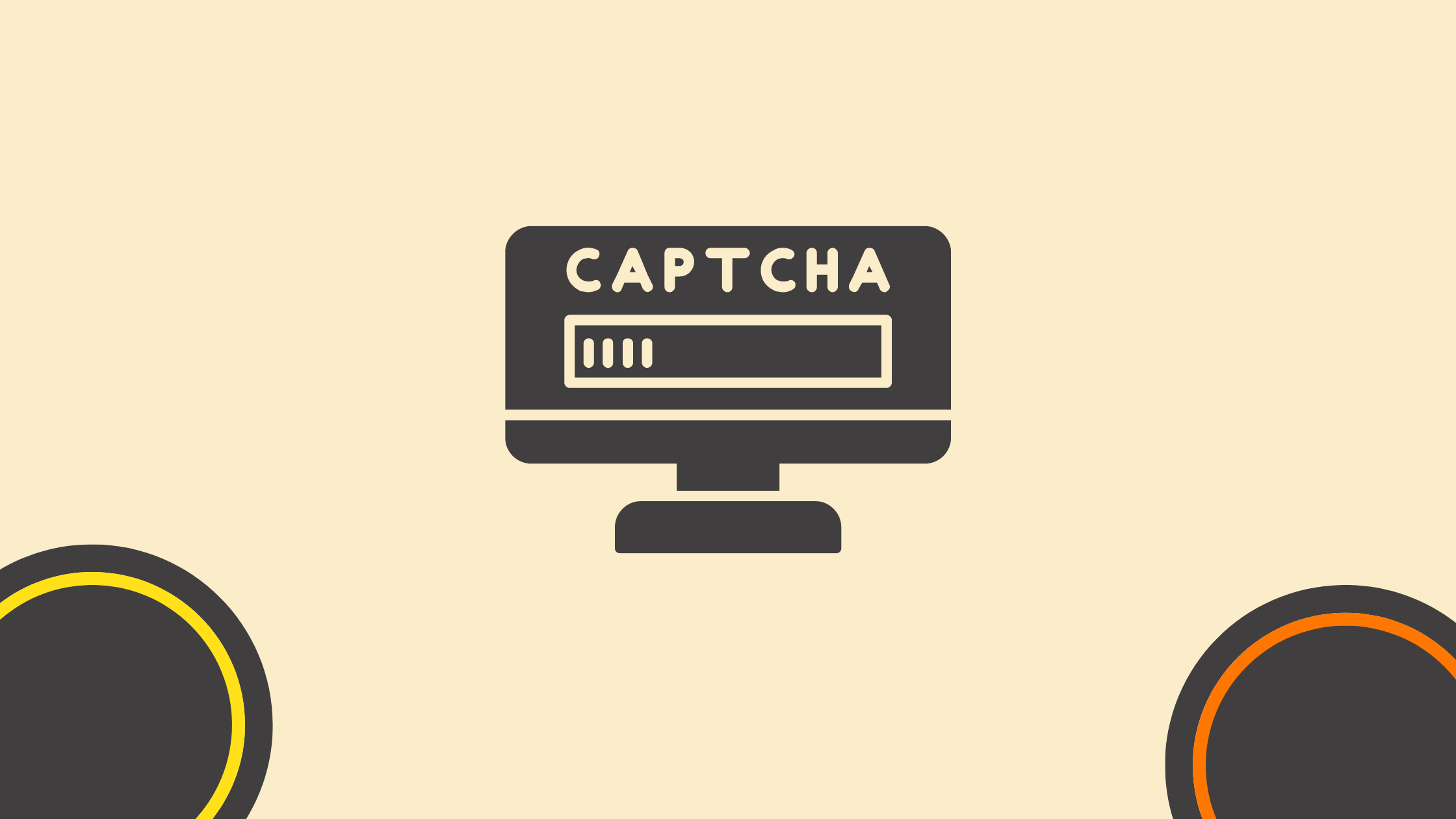Improving SEO Efficiency: Leveraging CAPTCHA Proxies for Data Collection
Calling all SEO wizards! It’s time to get your game-face on when it comes to leveling up your data harvesting game without getting the boot from websites. We’re diving into a secret tactic that works like magic: using CAPTCHA proxies to ace that search optimization efficiency.
No doubt you’ve battled those tedious CAPTCHAs before. They can be a real pain when you’re scraping data to boost your SEO efforts. Stick around as we unlock how CAPTCHA proxies are your stealthy sidekick in this high-stakes digital arena.
Chapters
CAPTCHA Proxies: Your Invisible Cloak in Data Scraping

Venturing into the realm of data collection, you’ve probably hit that wall where suddenly, bam! A wild CAPTCHA appears. That’s when CAPTCHA proxies enter the chat. These clever tools basically whisper to the site, “Nothing to see here,” allowing you to continue scraping without setting off any alarms.
Think of it as ninjas for your bots—they sneak past security checks undetected. With these proxies, you’re not just scattering breadcrumbs; you’re laying down a whole trail mix that leads straight to SEO gold.
By rotating through various IP addresses and appearing like different users, these proxies keep your scraping activities on the down-low and massively pump up your data collection rates. It’s a little like using a VPN, but with a different end goal.
The SEO Buffet: Feasting on Data Without Interruption
So you’re all set up with CAPTCHA proxies and ready to feast. It’s like being at an all-you-can-eat buffet, but for data. Your bots can chow down on keyword rankings, competitor analytics, and market trends until they’re stuffed—all without having the waitstaff (or in our case, pesky CAPTCHAs) slowing your roll.
By strategically deploying these nifty proxies, your bots can gorge themselves 24/7, updating your databases with fresh intel that’s ripe for optimization. This continuous flow of data is essential because let’s face it—the digital landscape doesn’t stop evolving when you do.
Imagine always being one step ahead of algorithm changes and competitor strategies; it’s like having a cheat code for the SEO game. Just remember not to overindulge; keeping your scraping ethical and respectful of site terms is key to long-term gains.
Stealth Mode: Evasive Maneuvers in Data Scraping Operations
Alright, you’re not going on this mission with just your CAPTCHA proxies. You’ve gotta have some smarts about it too—think evasive maneuvers to fly under the radar. It’s all about being slick and blending in. Load up on different user agents, throttle your request rates, and scatter your data raids across a spectrum of IPs.
It’s like playing digital hide-and-seek—a proxy here, a timing tweak there. Keep those web defenses guessing so they can’t pin you down. By diversifying your scraping tactics, not only do you avoid drawing unwanted attention but also keep the doors wide open for uninterrupted data flow. Along with content-focused SEO strategies, you’ll really see results fast.
Proxies & CAPTCHAs: Dodging Digital Bouncers

Okay, time to get real about using proxies when bypassing CAPTCHAs. This isn’t some back-alley trick; it’s about being smart. The deal is, you can either be the person who gets bounced at the door or the VIP that slips in unnoticed. Proxies are your backstage pass here.
By consistently rotating through different proxy servers, you’re virtually putting on a new disguise with every data heist. It’s like slapping on a fake mustache and changing your hat so the digital bouncers (yeah, those CAPTCHAs) don’t recognize you from the last time you scooped up all that sweet SEO data.
Remember though, while using proxies when bypassing CAPTCHAs is pretty slick, we ain’t encouraging anyone to break out into full black-hat mode—keep things legit and above board. Because let me tell ya, getting slapped with penalties for shady practices? That’s gonna hurt way more than any momentary win feels good.
Proxy Pitfalls: Navigating the Challenges
Don’t think it’s all smooth sailing in the proxy world, my friends. Navigating these waters can have you face-planting into a few pitfalls if you’re not savvy. Overreliance on cheap or shady proxy providers? That’s asking for trouble. Doing so might save you some dough upfront, but it could cost you big time when they fail at crunch time or even leak your own data.
Then there’s speed (or the lack thereof). Proxies can slow down your scrapers, making them more tortoise than hare. And trust me, this isn’t one of those ‘slow and steady wins the race’ moments; efficiency is key.
Don’t forget about legal hoops and those aforementioned ethical loops—ignoring these is like jaywalking in front of a cop car with its lights off; just because it isn’t noticed right away doesn’t mean consequences won’t catch up to you. Make sure whatever fancy footwork you do with proxies keeps on the right side of cyberspace law.
Bottom line: scale wisely with quality proxies, maintain that need for speed, and keep everything above board. Your SEO efforts will thank you later!
The Last Word
CAPTCHA proxies are basically SEO sleuths—quiet, unseen, but oh-so-effective. When you deploy them with brains and a sprinkle of caution, they’re game-changers in the data collection arena. Stay sharp, stay ethical, and let those proxies be your secret weapon to conquer the SERPs!
Master the Art of Video Marketing
AI-Powered Tools to Ideate, Optimize, and Amplify!
- Spark Creativity: Unleash the most effective video ideas, scripts, and engaging hooks with our AI Generators.
- Optimize Instantly: Elevate your YouTube presence by optimizing video Titles, Descriptions, and Tags in seconds.
- Amplify Your Reach: Effortlessly craft social media, email, and ad copy to maximize your video’s impact.